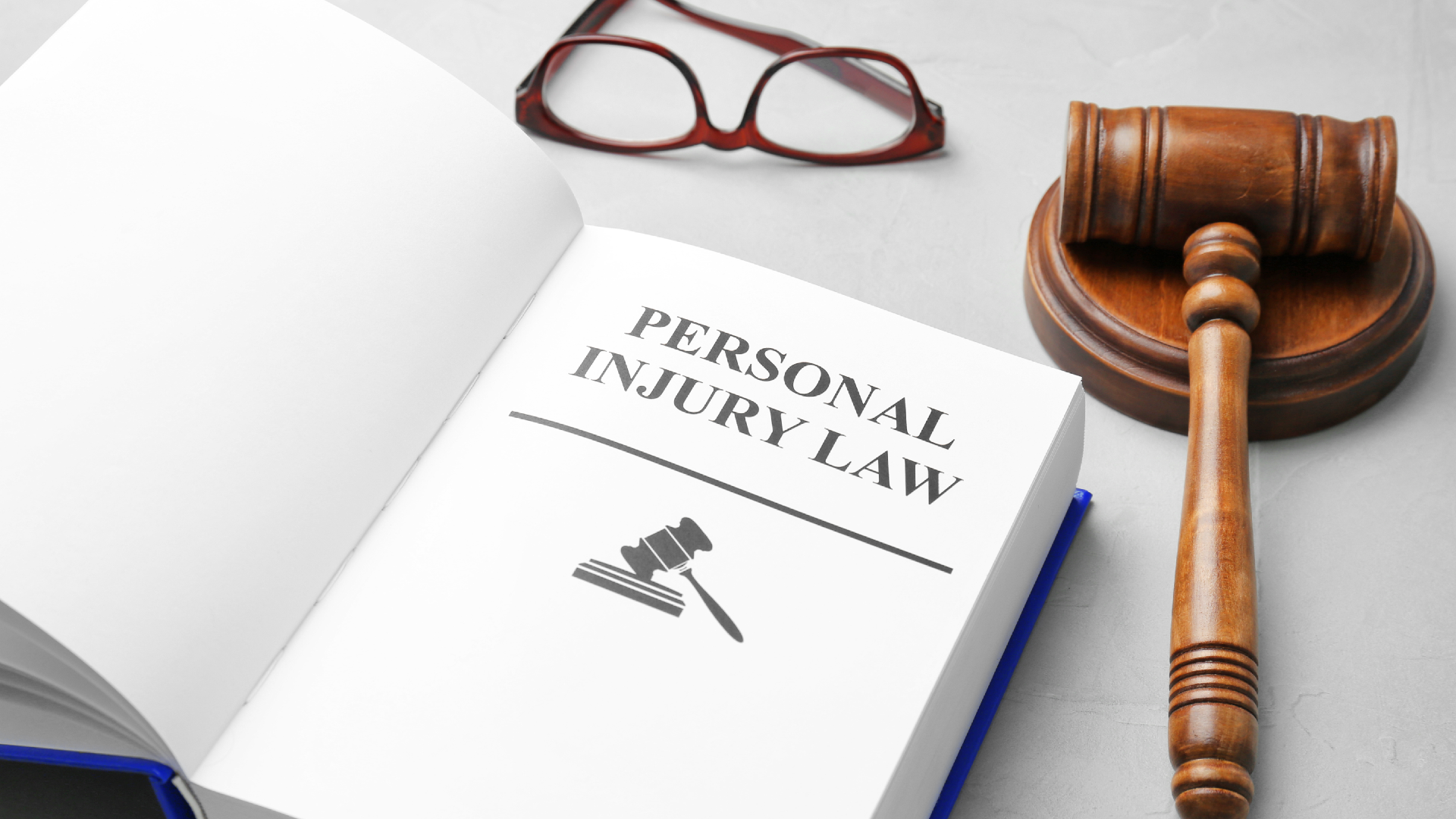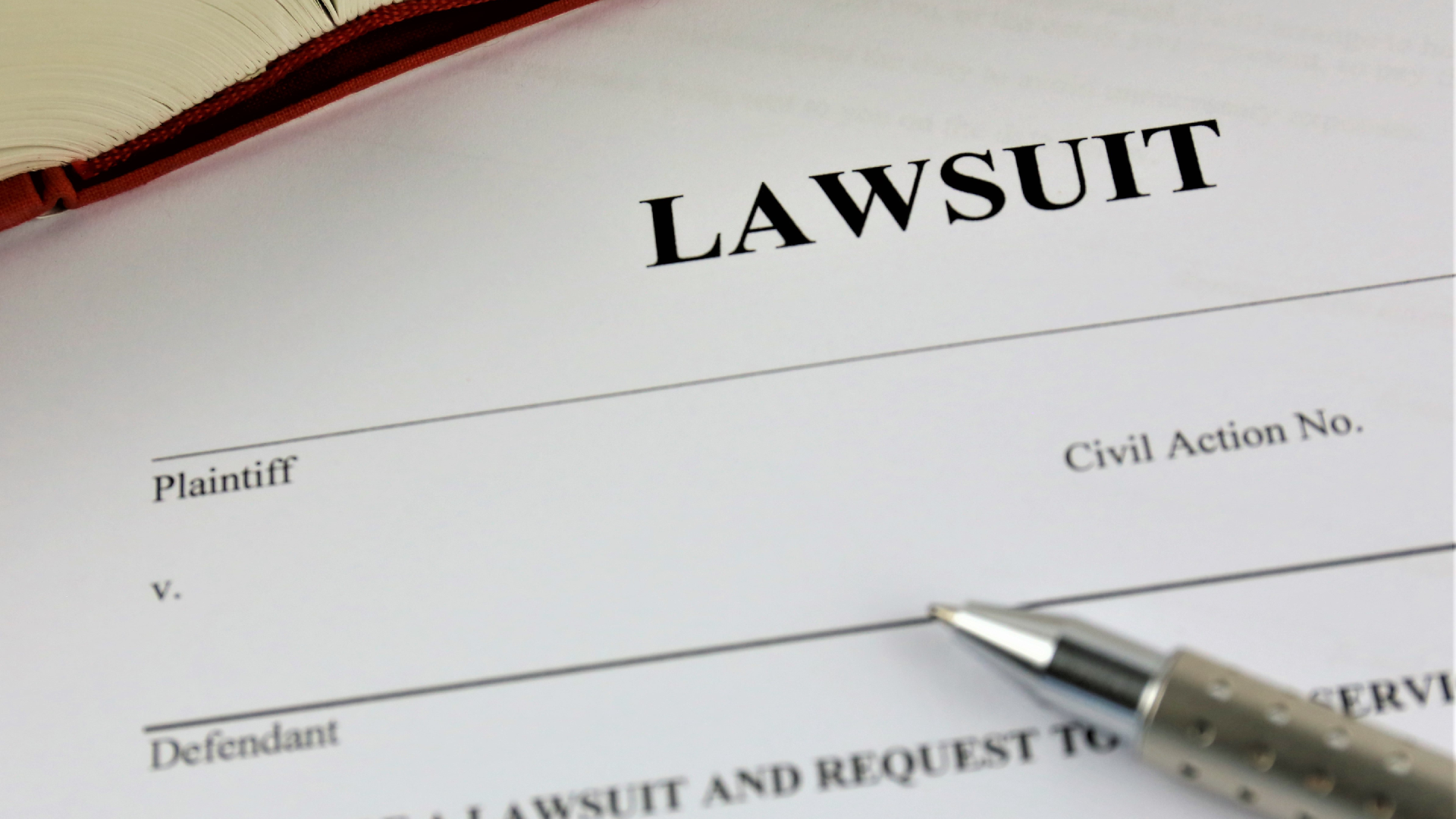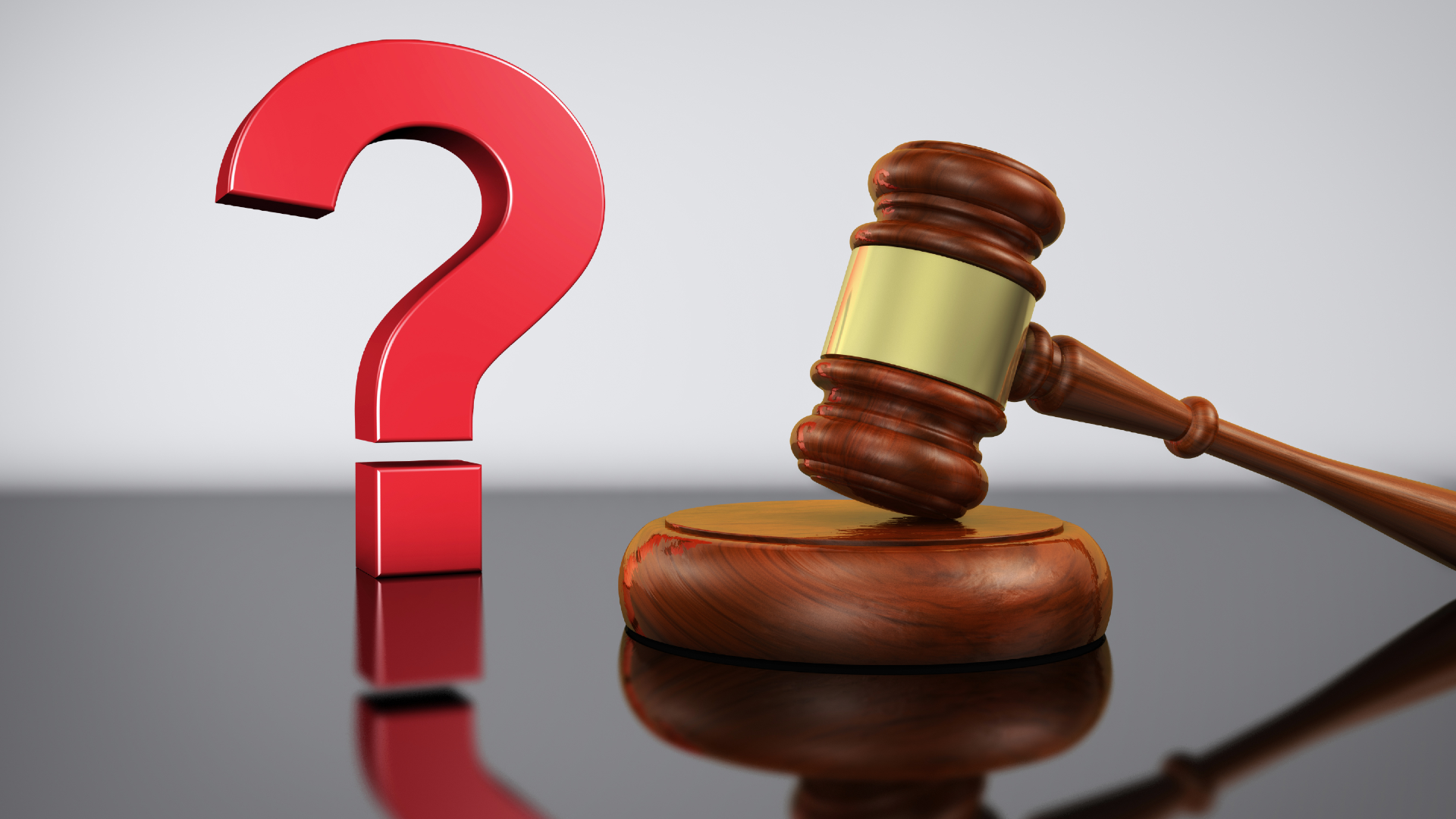
Being injured due to someone else’s negligence can have serious physical, financial and emotional consequences for you and your family. After an injury or losing a loved one, you may feel helpless and unsure of where to turn. Scheduling a case evaluation with a personal injury lawyer can help you understand your options and how the claims process works. If you end up proceeding with your case, your personal injury attorney can provide the legal support you need at this critical time.
What Is a Personal Injury Lawyer?

Personal injury lawyers handle cases involving clients who have been physically or psychologically injured due to another party’s negligence. Personal injury law firms typically handle wrongful death litigation as well. Most injury claims involve an area of the law known as tort law, which is an area of civil law that seeks offer relief from the wrongful acts of others by awarding monetary damages as compensation for injury or harm. Depending on the circumstances, a liable party may be an individual, entity or organization.
What Does a Personal Injury Attorney Do?
The best personal injury attorneys focus on protecting clients’ rights and fighting to recover maximum compensation for those who have been wronged. The first thing a lawyer will do is talk with you to get relevant information and details about the incident, your injuries and the potentially at-fault party. After evaluating your case, they advise you on whether you have a viable personal injury claim. If your claim is valid and you decide to move forward, your lawyer will handle all aspects of your case and guide you through the process every step of the way.
When to Hire a Personal Injury Lawyer?
If you have been injured in an accident, it’s critical to contact a personal injury attorney as soon as you can. Even if you think your injuries are minor, symptoms of serious conditions can show up weeks or even months later. Regardless of whether they take your case, lawyers who handle personal injury claims usually offer a free initial consultation/case evaluation, so you have nothing to lose if you talk with a lawyer about your case.
In Texas, the statute of limitations for filing a personal injury claim is typically two years. However, hiring an attorney as soon as possible gives you a better chance of winning your case because vital evidence can be more easily preserved. If you have already started negotiations with an at-fault party’s insurer and they aren’t going well, a personal injury lawyer can assess your case, step in and take over negotiations.
Why Is Having a Personal Injury Lawyer Important?

Personal injury law is complex. Attempting to resolve a personal injury claim on your own typically results in a smaller settlement, and often one that may not even be enough to cover all your accident-related expenses. Mounting medical bills, pain from your injuries, lost wages from time off work and a diminished quality of life can leave you feeling overwhelmed and discouraged. A lawyer can take the weight off your shoulders and work to recover the full amount of compensation you need to cover your injuries and losses.
Unfortunately, even your own insurance company does not have your best interests in mind. Insurers have legions of adjusters, lawyers and other professionals whose primary job is to find ways to lay blame on injured victims to minimize their liability and deny claims. An experienced attorney will know how to counter an insurer’s defensive tactics, prove negligence, demonstrate the extent of your injuries and how they have impacted your life, and fight to make things right for you and your family.
How Does the Personal injury Claims Process Work?

First, your attorney will gather evidence, which may include:
- Medical bills
- Your medical records and history
- Police reports
- Incident reports
- Video footage
- Photographs of the scene and your injuries
- Witness statements
- Contact information for any liable parties and their insurance companies
- Other relevant evidence
After reviewing all of the evidence, investigating your case and determining what your personal injury claim is worth, a lawyer typically sends a demand letter to the at-fault party’s insurance company. If the insurer responds with a settlement offer, your lawyer will talk with you about whether it is in your best interest to accept it. It is rare that an insurer will offer an adequate settlement after receiving an initial demand letter.
Your attorney will negotiate on your behalf, but it’s important to keep in mind that they will most likely wait to specify a dollar amount until they have a full picture of the scope of your injuries and losses. It’s easy to underestimate the cost of future medical expenses and how reduced earning capacity may affect your life and finances, so jumping the gun and accepting an early (and typically low) settlement is not recommended. If a reasonable agreement cannot be reached, your attorney may request formal mediation or begin the process of filing a lawsuit.
Discovery — the exchange of information and evidence between the opposing parties in a claim — may occur before settlement negotiations and is required before a trial can begin. Your personal injury lawyer will take care of all facets of litigation and keep you updated on your case’s progress. Bear in mind that it’s rare for a personal injury lawsuit to reach the trial phase. You may accept a fair settlement before or even during trial.
After a final verdict or settlement agreement is reached, your attorney should receive payment in about two months. Upon receipt and in accordance with Texas law, your lawyer will deposit the insurance check into a special trust or escrow account. Once the settlement check clears, your attorney will distribute your settlement money.
Typically, this includes paying any outstanding medical bills, health insurance companies and other unpaid debts related to your claim. After these debts are paid, your lawyer will deduct attorney fees and other agreed-upon costs from your settlement. Once these debts and costs are deducted, you’ll receive the remainder of the settlement funds.
How Long Will My Personal injury Lawsuit Take?

There is no way to predict how long a personal injury case will take, especially if it’s a multifaceted claim involving several parties. Some can be settled in a few months, while others may be litigated in court for years. However, most injury claims are settled within one to two years.
What to Look for in a Personal Injury Lawyer
Regardless of whether you believe your case is simple or complex, it’s vital to look for a personal injury lawyer who has experience handling the type of claim you’re pursuing. For example, if you’re injured in a car accident, hiring a medical malpractice lawyer who focuses solely on medical malpractice claims wouldn’t be a great idea. You also want to find someone with whom you feel comfortable speaking honestly and openly. If you hold things back because you’re uncomfortable discussing certain details and issues, you may not get the quality legal representation you need.
Another thing to examine is a personal injury firm’s record of winning cases and recovering maximum settlements in and out of court. They should not hesitate to share details about the types of cases they have handled, their track record of success and the amount of compensation they have recovered for clients. Go with your gut. If a lawyer doesn’t seem like they’d be a good fit, shop around and find someone else.
Questions to Ask a Personal Injury Lawyer

Asking the following questions can help you choose an experienced lawyer who is right for you.
- What is your assessment of my case? After discussing your case with an attorney, they should tell you what they think, whether you have a chance of successfully recovering compensation and whether they will take your case.
- How much experience do you have handling cases like mine? When it comes to obtaining maximum recoveries in personal injury claims, experience matters. A lawyer who has successfully handled similar claims should know how the law may be applied to your case and develop effective strategies to prove liability.
- What is my case worth? Depending on the circumstances, an attorney should be able to give you a rough estimate of what your claim may be worth. However, if you or a loved one has suffered catastrophic injuries that may have a lifelong impact, your lawyer may not be able to put a definitive number on your claim until they have determined the full extent of your injuries and their financial, emotional and physical cost.
- Who will handle my case? Ask if you can meet the lawyers and staff who will be working on your case. That way you’ll know who to contact if you have questions, concerns or information to pass along.
- How long do you think my case will take? Although it’s impossible to say exactly how long a case may take, an attorney can give you an estimate, explain potential roadblocks and let you know whether it’s likely that your case goes to trial.
- How will I pay for my case? Although most personal injury lawyers work on contingency, the last thing you want is to be surprised by unexpected fees when your case is over. Ask about how you’ll be charged for attorney fees and out-of-pocket costs such as filing fees, medical records requests, investigators, expert witnesses and other expenses.
- What do you need from me? Although you’re hiring a lawyer to handle your case, there are certain things they require from you. For example, you’ll need to provide your medical bills, proof of lost wages and documentation of doctor and hospital visits. In addition, to prove damages like pain and suffering or loss of enjoyment of life, your lawyer may ask you to keep a daily journal or call your loved ones as witnesses. Keeping an open line of communication about what each person’s responsibilities are can help you and your attorney build a solid personal injury claim.
How Much Does a Personal Injury Lawyer Cost?

The majority of personal injury attorneys take cases on contingency, which means you won’t owe attorney fees unless or until they recover compensation for you. Their fees are usually collected as a percentage of the total settlement or award you receive.
What Percentage Does a Personal Injury Attorney Take?
Depending on the complexity of your case, a top-rated personal injury lawyer may take anywhere from 30-40% of the total settlement amount that is recovered.
How to Choose a Personal Injury Lawyer
Choosing the right personal injury lawyer can be a daunting task. It’s important to trust your attorney and have confidence in their abilities. Doing an internet search and picking the first lawyer who pops up usually isn’t the best way to find someone who is qualified. Ask around to find out if anyone you know has a personal injury attorney they would recommend. If you research lawyers online, make sure to thoroughly read their websites and any reviews that are posted.
Regardless of how you find a lawyer, check and make sure they are a member in good standing of their local and state bar associations. Asking the questions mentioned above can help you make an informed decision when comparing one attorney to another. If you contact a personal injury law firm that isn’t responsive or dodges questions, it’s best to keep looking. Choosing a lawyer carefully can help to ensure you team up with someone who is knowledgeable, compassionate and dedicated to putting your best interests first.
The Takeaway

Whether you communicate with a lawyer online, by phone or in person, it’s vital to speak frankly and ask questions that may have a serious impact on your case. Personal injury claims are just that: personal. Although experience is important, having a good rapport and open communication with your attorney are just as critical. You’ll be sharing intimate details about your life and need to be completely honest with your lawyer. Choosing an experienced personal attorney you can trust to be there for you every step of the way can make the process easier and enable you to focus on what’s important: healing from your injuries and getting on with your life.
Contact a Dallas Personal Injury Lawyer Today
The personal injury attorneys at Leinart Law Firm have helped thousands of injured victims and their families recover maximum compensation for damages such as medical bills, loss of income, and pain and suffering. Our top-rated Dallas personal injury lawyers serve clients throughout Dallas, Fort Worth and northern Texas and our team is committed to helping those who have been injured due to negligence find the justice and compensation they deserve. For a free case evaluation, email us or call our Dallas office at 469-232-3328. You can also contact us at 817-426-3328 in Fort Worth.


